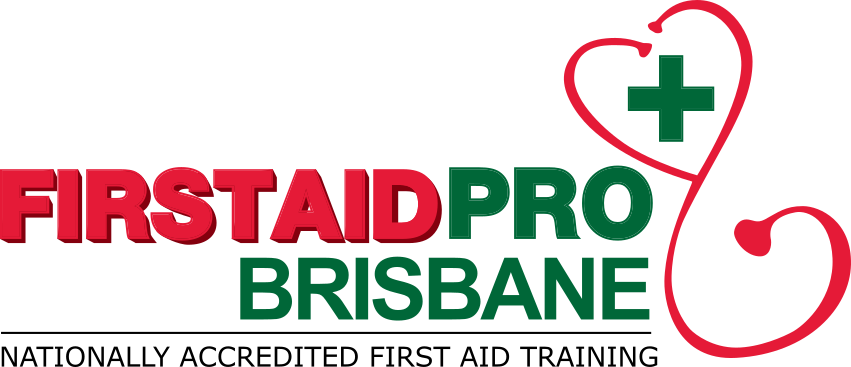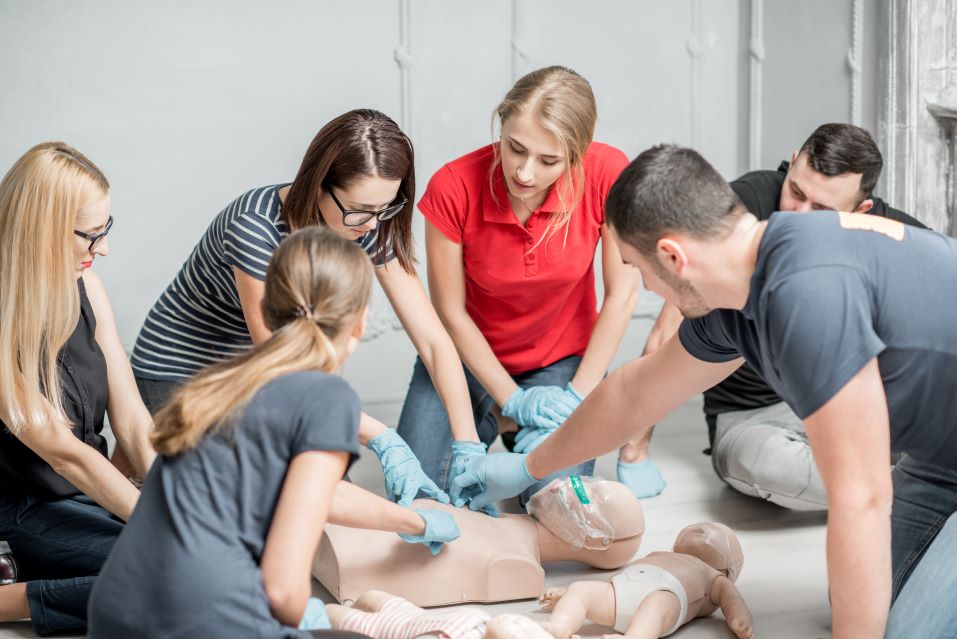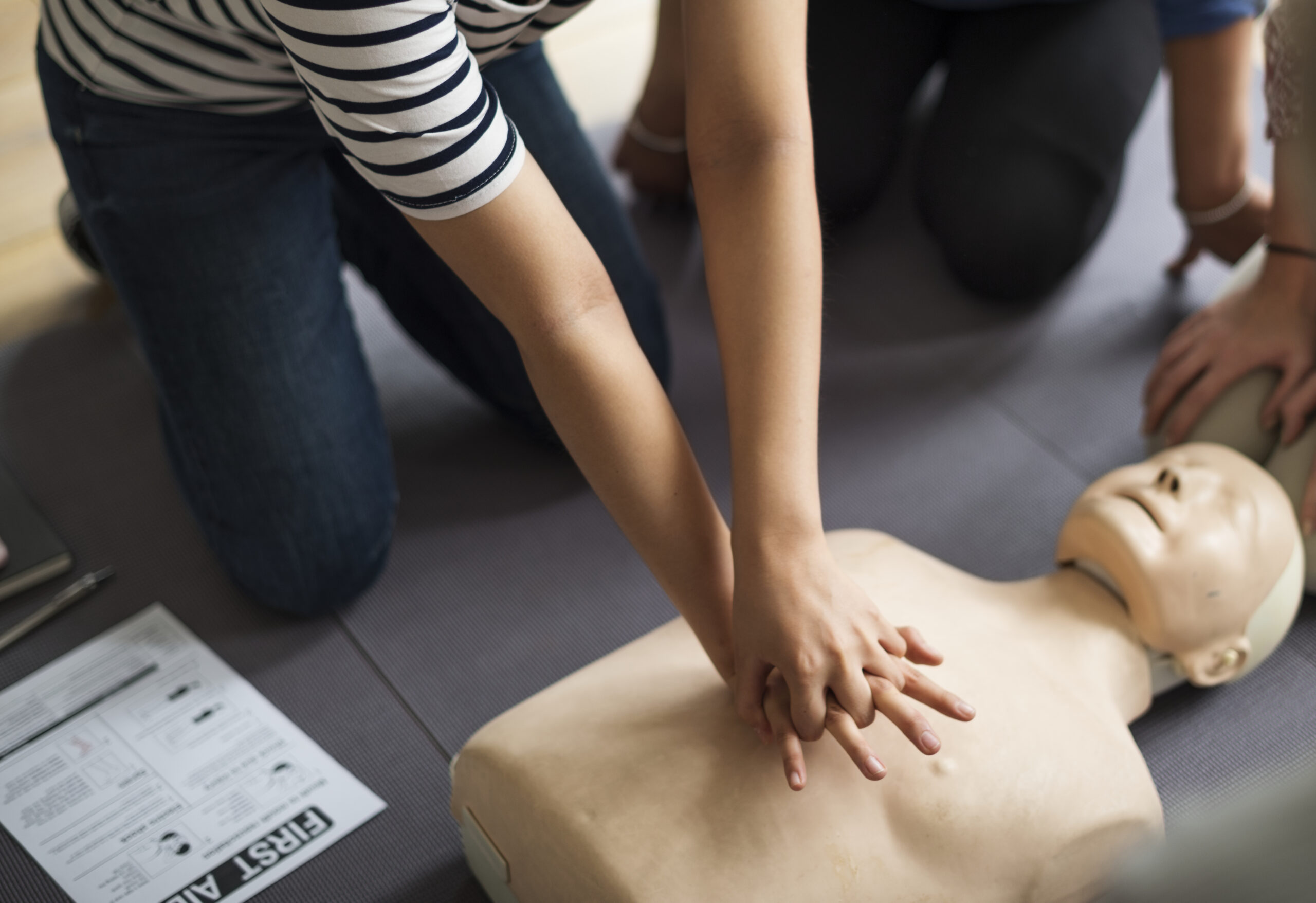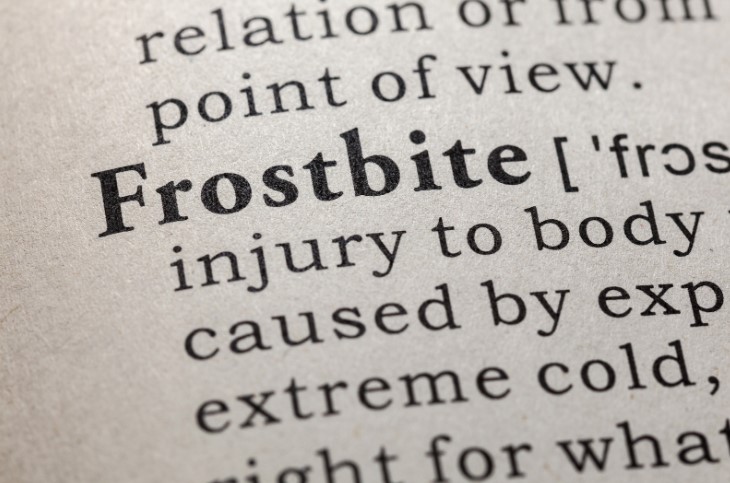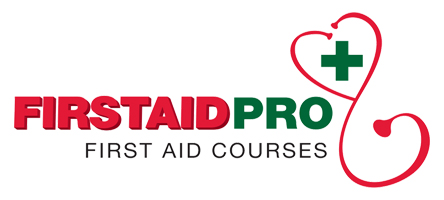Eating food contents that are contaminated with viruses, bacteria, or toxins can lead to food poisoning. Some cases resolve without medication, but some can lead to complications without proper treatment or intervention.
Here, we discuss some of the common symptoms, causes, and first aid treatments for food poisoning.
What Is Food Poisoning?
Food illness is a condition involving the inflammation of the lining of the gut, particularly in the stomach and intestines. It usually results from viruses, bacteria, parasites, or toxins that infect a person and cause symptoms. Other causes may come from poor handling, improper cooking, or poor storage of food items.
Whether you experience illness after eating contaminated foods, the body’s reaction usually depends on the organism, the amount of exposure, age range, and overall health.
High-risk groups for foodborne illness include older adults, infants and young children, people with chronic diseases, and pregnant women. These people may have a weak, altered, or underdeveloped immune system, making it harder for them to fight off infections from the food.
Although the symptoms are quite uncomfortable, food poisoning is not unusual. In an average year, approximately 4.1 million cases of food poisoning result in thousands of hospitalisations, deaths, and doctor visits.
For this reason, first aid treatment is necessary to prevent complications, even death.
Signs And Symptoms
The onset of symptoms after consuming food infected with bacteria can be within a few hours. However, there are instances where the incubation takes much longer, depending on the virus or toxins involved.
Here are common symptoms of food poisoning:
- Feeling sick or nausea
- Vomiting
- Diarrhoea
- Stomach cramps and abdominal pain
- Lack of energy or feeling weak
- Loss of appetite
- Aching muscles
- Chills
Most symptoms will pass in a few days, and a person is expected to recover fully.
In many cases, the doctor will diagnose food poisoning simply based on the symptoms. While the main symptoms are those above, the person may also experience high fever, headache, muscle and joint aches, and blood in the stool.
Some may become dehydrated, with their mouth and throat feeling dry. It can also cause blurry or double vision, tingling sensation, or weakness on rare occasions.
If you or others experience any of these symptoms, seek medical treatment immediately.
First Aid For Food Poisoning
Here’s what to do if a person suffers from food poisoning symptoms.
Lie Down And Rest
Have the person lie down and rest to regain back their lost energy. If they are vomiting, give them small simps of drinking water to help prevent dehydration. If they have accompanying diarrhea, it is even more important to drink water to replace lost fluids in the body.
Avoid Solid Foods
If the person feels hungry, but vomiting is still present, avoid solid food in the meantime. Provide them light and bland foods such as saltine crackers, bananas, rice, or bread. Do not also give them any alcohol, caffeine, or fizzy drinks.
Take Medications
There are medicines available to reduce the main symptoms of poisoning, which are diarrhea and vomiting. Most are available over the counter, while some may be available via a prescription.
We recommend speaking with a doctor before taking medication, as some infections may get worse by taking unprescribed medicines.
Seek Emergency Help
If the symptoms worsen and the vomiting and diarrhea persist, seek medical help. Call triple zero (000) for emergency help.
While waiting for help to arrive, monitor the person’s condition and drink plenty of water to prevent dehydration.
Learn First Aid
At some point in our lives, we will experience food poisoning or illness. Knowing what to do and when to call emergency services can prevent complications and can potentially save lives.
Enrol in a first aid course to learn more.
